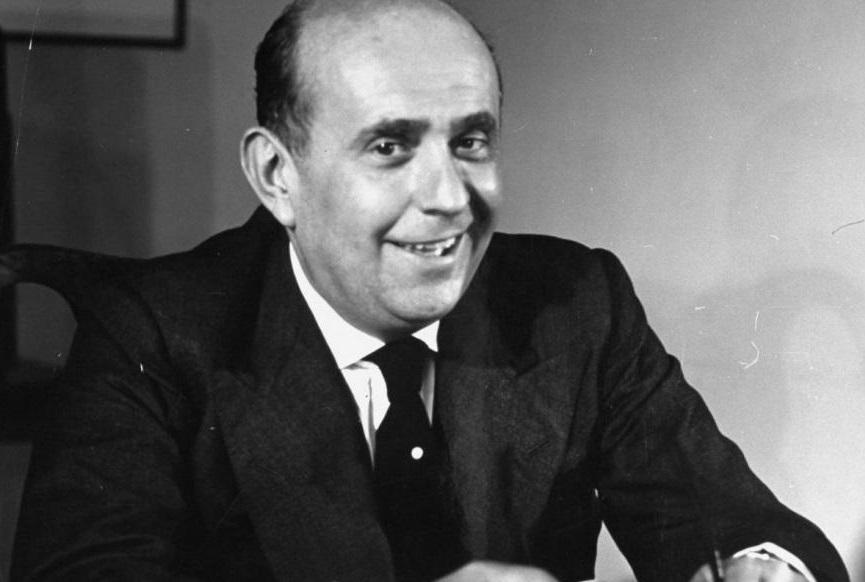
Today we commemorate 75 years since the tragic death of Jan Masaryk
10.03.2023 / 15:26 | Aktualizováno: 10.03.2023 / 15:28
With 13 years in office, he remains our longest-serving head of diplomatic office in London.
Jan Masaryk was born in 1886 into the family of the later founder of the Czechoslovak state, Tomáš Garrigue Masaryk. He did not finish his high school studies and left for the USA, where he worked in auxiliary jobs. During the First World War he served in the Austro-Hungarian army and soon after the creation of Czechoslovakia, he entered the diplomatic service.
In 1920, he headed the Legation in Washington as Chargé d'Affaires, then worked as legation secretary at the Ministry in Prague, and also briefly at the legation secretary in London in 1921-22. In April 1925 he was appointed as the new Minister-Plenipotentiary to United Kingdom, a position he held continuously until the end of 1938.
In the second half of the 1930s, he unsuccessfully opposed the appeasement policy of the then governments of Stanley Baldwin and Neville Chamberlain. He resigned from his post in protest against the political course of the post Munich Agreement Czechoslovakia in December 1938, but after the German occupation of the Czech lands in March 1939, he joined the resistance for the restoration of the state.
In July 1940, he became Foreign Minister in the Czechoslovak government-in-exile. Together with President Beneš, he participated in key negotiations, e.g. the revocation of the British signature under the Munich Agreement. His regular radio speeches on the Czech BBC broadcast (later summarized in the book London Calling /1946/), satirizing the German occupiers and encouraging the nation to resist attitudes, gained him popularity among the public in the occupied homeland.
In March 1945, he became Foreign Minister in the post-war governments and remained in this office even after the February crisis of 1948. During his frequent trips to the West, he tried to strengthen Czechoslovakia's ties with the democratic world, but his absence at home, among other things, facilitated the strengthening of the influence of the Communist Party in the ministry. Although he refused to join the resignation of democratic ministers at the end of February 1948, he could not identify with the new Gottwald regime. In the early hours of March 10, 1948, he was found dead under the window of his apartment in the courtyard of the Černín Palace under circumstances that have not yet been clarified




